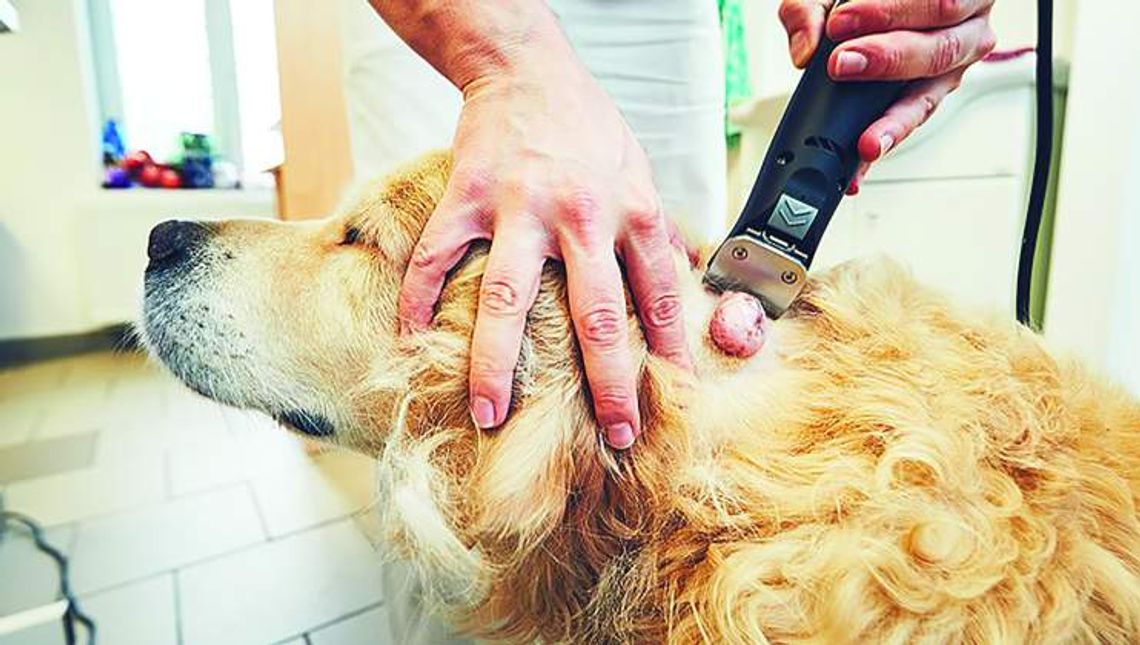When it comes to treating cancer in pets, there are several options available, depending on the type, location and severity of the cancer. In some cases, surgically removing a cancerous tumor can be a great way to heal a pet and help it maintain a great quality of life.
Dr. Vanna Dickerson, an assistant professor of small animal soft tissue and oncologic surgery at the Texas A&M College of Veterinary Medicine & Biomedical Sciences, discusses surgery as a cancer treatment and when it is most effective.
Cancer comes in several forms, many of which create solid tumors that can be removed surgically. But in some cases, like cancers of the blood, the lack of a solid tumor means that surgery is not an option.
“Surgery is generally most effective for tumors that have not spread to other parts of the body and can be removed completely without harming vital structures,” Dickerson said. “This includes tumors on the skin, in the chest, in the belly or even in the mouth.”
If a pet is given multiple treatment options, there are several factors to consider when deciding whether to pursue surgery. In many cases, surgery alone can be completely curative for a patient with cancer.
“Tumors of the skin are the most common type for which surgery can be curative, but there are many other situations — it just depends on the patient,” Dickerson said. “It also greatly depends on the tumor type, location and whether it has spread.”
Even if a tumor cannot be removed entirely, a veterinarian may choose to remove as much of it as possible to give the pet more time with its family and a better chance at fighting the disease.
“If not curative, surgery often can improve the patient's quality of life for the time they have left or make other modalities such as chemotherapy or radiation therapy more effective,” Dickerson said.
Like any other surgery, removal of a tumor comes with some risks, including the need for general anesthesia and the potential for complications like infection at the incision site. Pets will also have to go through a period of recovery time after surgery, during which they will need special care and extra attention.
“Surgery can be scary, but veterinarians are here to answer your questions,” Dickerson said. “It is always important to make sure you understand the goal of surgery and the long-term plan depending on the surgery’s outcome.”
Just like with human oncology, veterinary oncology is becoming more advanced every day in the fight against cancer. Many current treatments were not possible a decade ago, and researchers are continually working to make those treatments even better.
“With advancements in medical and radiation oncology, we can make a huge difference for patients we previously thought surgery was not indicated for,” Dickerson said.
If your pet is facing a cancer diagnosis, veterinarians advise that owners not give up hope. Surgery is one of several options that can provide a good chance for a long life, and with help from a surgical oncologist, your pet may have a great chance at defeating the cancer entirely.
Pet Talk is a service of the College of Veterinary Medicine & Biomedical Sciences, Texas A&M University. Stories can be found on the Pet Talk website. Suggestions for future topics may be directed to [email protected].







Comment
Comments